Kia Ceed vs VW ID.4 - Differences and prices compared
Compare performance (140 HP vs 340 HP), boot space and price (23500 £ vs 34600 £ ) at a glance. Find out which car is the better choice for you – Kia Ceed or VW ID.4?
Costs and Efficiency:
Looking at overall running costs, both models reveal some interesting differences in everyday economy.
Kia Ceed has a convincingly advantage in terms of price – it starts at 23500 £ , while the VW ID.4 costs 34600 £ . That’s a price difference of around 11095 £.
Engine and Performance:
Under the bonnet, it becomes clear which model is tuned for sportiness and which one takes the lead when you hit the accelerator.
When it comes to engine power, the VW ID.4 has a significantly edge – offering 340 HP compared to 140 HP. That’s roughly 200 HP more horsepower.
In acceleration from 0 to 100 km/h, the VW ID.4 is clearly quicker – completing the sprint in 5.40 s, while the Kia Ceed takes 9.50 s. That’s about 4.10 s faster.
There’s also a difference in torque: VW ID.4 pulls clearly stronger with 679 Nm compared to 253 Nm. That’s about 426 Nm difference.
Space and Everyday Use:
Beyond pure performance, interior space and usability matter most in daily life. This is where you see which car is more practical and versatile.
Both vehicles offer seating for 5 people.
In curb weight, Kia Ceed is significantly lighter – 1298 kg compared to 1975 kg. The difference is around 677 kg.
In terms of boot space, the VW ID.4 offers evident more room – 543 L compared to 395 L. That’s a difference of about 148 L.
When it comes to payload, VW ID.4 somewhat takes the win – 551 kg compared to 490 kg. That’s a difference of about 61 kg.
Who wins the race?
The VW ID.4 proves to be dominates this comparison and therefore becomes our DriveDuel Champion!
VW ID.4 is the better all-rounder in this comparison.
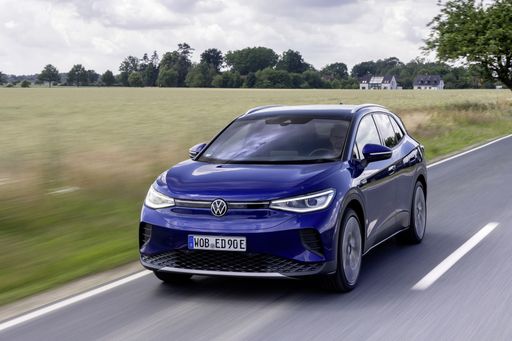
VW ID.4
Costs and Consumption
View detailed analysis
Engine and Performance
View detailed analysis
Dimensions and Body
View detailed analysis
Kia Ceed
The Kia Ceed is a sensible, stylish hatchback that gives buyers more than they'd expect for the money, blending practical space with crisp, modern looks. It drives with measured confidence and comes loaded with user-friendly kit, so you can enjoy daily life behind the wheel without breaking into a sweat.
details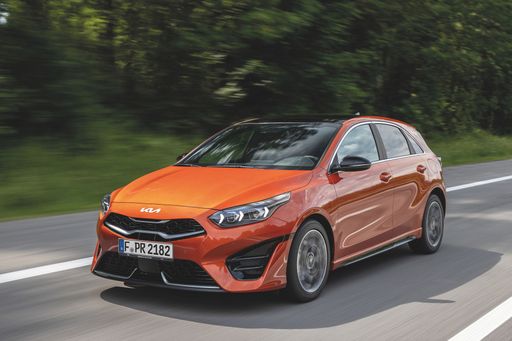
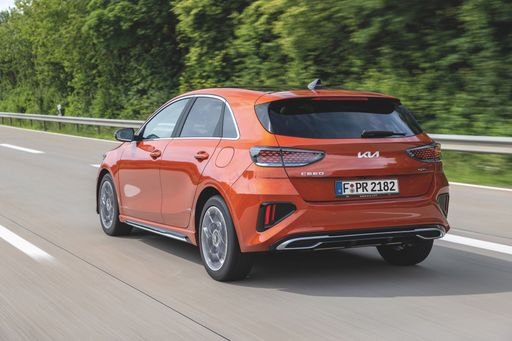
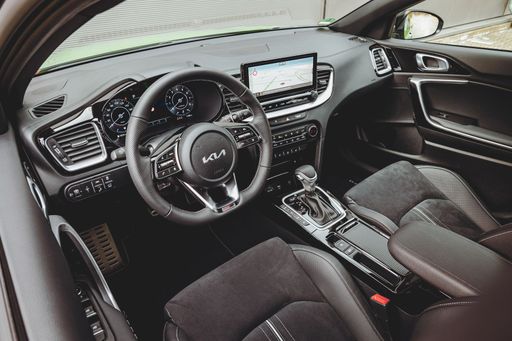
VW ID.4
The VW ID.4 is a calm, roomy electric SUV that turns everyday driving into a quietly confident experience, its practical packaging and smooth manners tailored perfectly for family life. Volkswagen's solid build and intuitive interior tech mean you get electric practicality without the sci‑fi theatrics, making the ID.4 a sensible, surprisingly likable choice for most buyers.
details
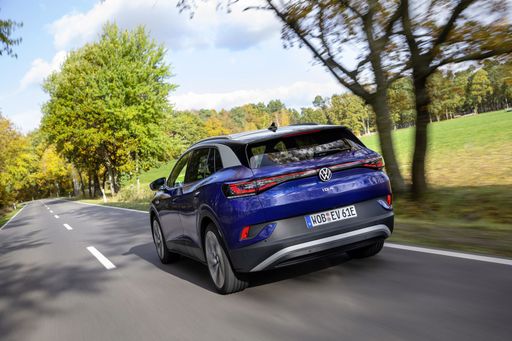
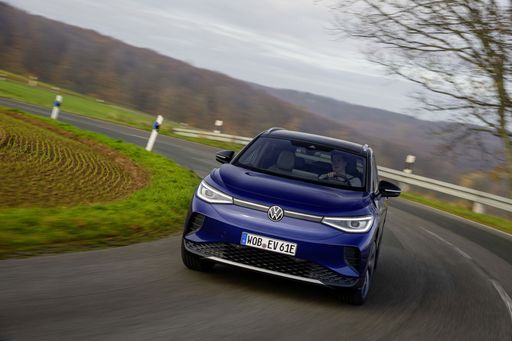
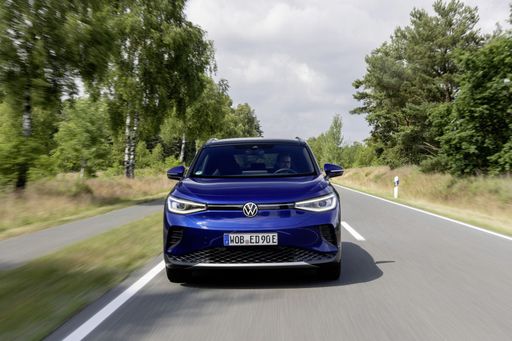
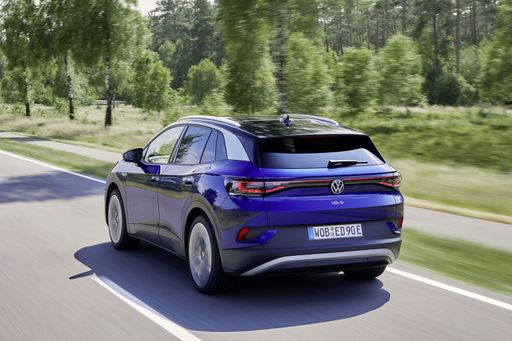

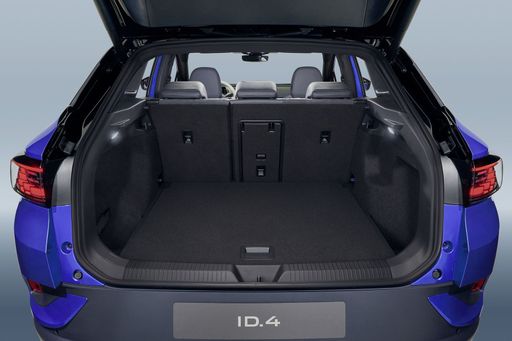
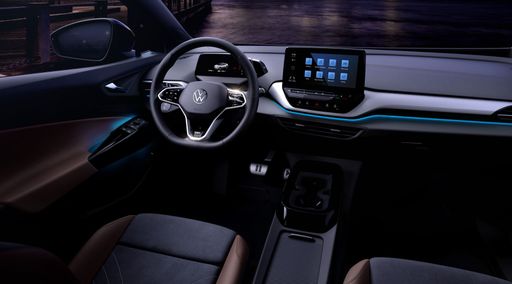
Costs and Consumption |
|
|---|---|
|
Price
23500 - 26300 £
|
Price
34600 - 47200 £
|
|
Consumption L/100km
6 - 6.4 L
|
Consumption L/100km
-
|
|
Consumption kWh/100km
-
|
Consumption kWh/100km
15.6 - 17 kWh
|
|
Electric Range
-
|
Electric Range
356 - 569 km
|
|
Battery Capacity
-
|
Battery Capacity
52 - 77 kWh
|
|
co2
137 - 146 g/km
|
co2
0 g/km
|
|
Fuel tank capacity
-
|
Fuel tank capacity
-
|
Dimensions and Body |
|
|---|---|
|
Body Type
Hatchback
|
Body Type
SUV
|
|
Seats
5
|
Seats
5
|
|
Doors
-
|
Doors
5
|
|
Curb weight
1298 - 1372 kg
|
Curb weight
1975 - 2248 kg
|
|
Trunk capacity
357 - 395 L
|
Trunk capacity
543 L
|
|
Length
-
|
Length
4582 - 4584 mm
|
|
Width
1800 mm
|
Width
1852 mm
|
|
Height
-
|
Height
1619 - 1634 mm
|
|
Max trunk capacity
-
|
Max trunk capacity
1575 L
|
|
Payload
478 - 490 kg
|
Payload
515 - 551 kg
|
Engine and Performance |
|
|---|---|
|
Engine Type
Petrol, Petrol MHEV
|
Engine Type
Electric
|
|
Transmission
Manuel, Automatic
|
Transmission
Automatic
|
|
Transmission Detail
Manual Gearbox, Dual-Clutch Automatic
|
Transmission Detail
Reduction Gearbox
|
|
Drive Type
Front-Wheel Drive
|
Drive Type
Rear-Wheel Drive, All-Wheel Drive
|
|
Power HP
100 - 140 HP
|
Power HP
170 - 340 HP
|
|
Acceleration 0-100km/h
9.5 - 13.2 s
|
Acceleration 0-100km/h
5.4 - 9 s
|
|
Max Speed
-
|
Max Speed
160 - 180 km/h
|
|
Torque
172 - 253 Nm
|
Torque
310 - 679 Nm
|
|
Number of Cylinders
3 - 4
|
Number of Cylinders
-
|
|
Power kW
74 - 103 kW
|
Power kW
125 - 250 kW
|
|
Engine capacity
998 - 1482 cm3
|
Engine capacity
-
|
General |
|
|---|---|
|
Model Year
2024
|
Model Year
2023 - 2025
|
|
CO2 Efficiency Class
E
|
CO2 Efficiency Class
A
|
|
Brand
Kia
|
Brand
VW
|
What drivetrain options does the Kia Ceed have?
The Kia Ceed is available as Front-Wheel Drive.




